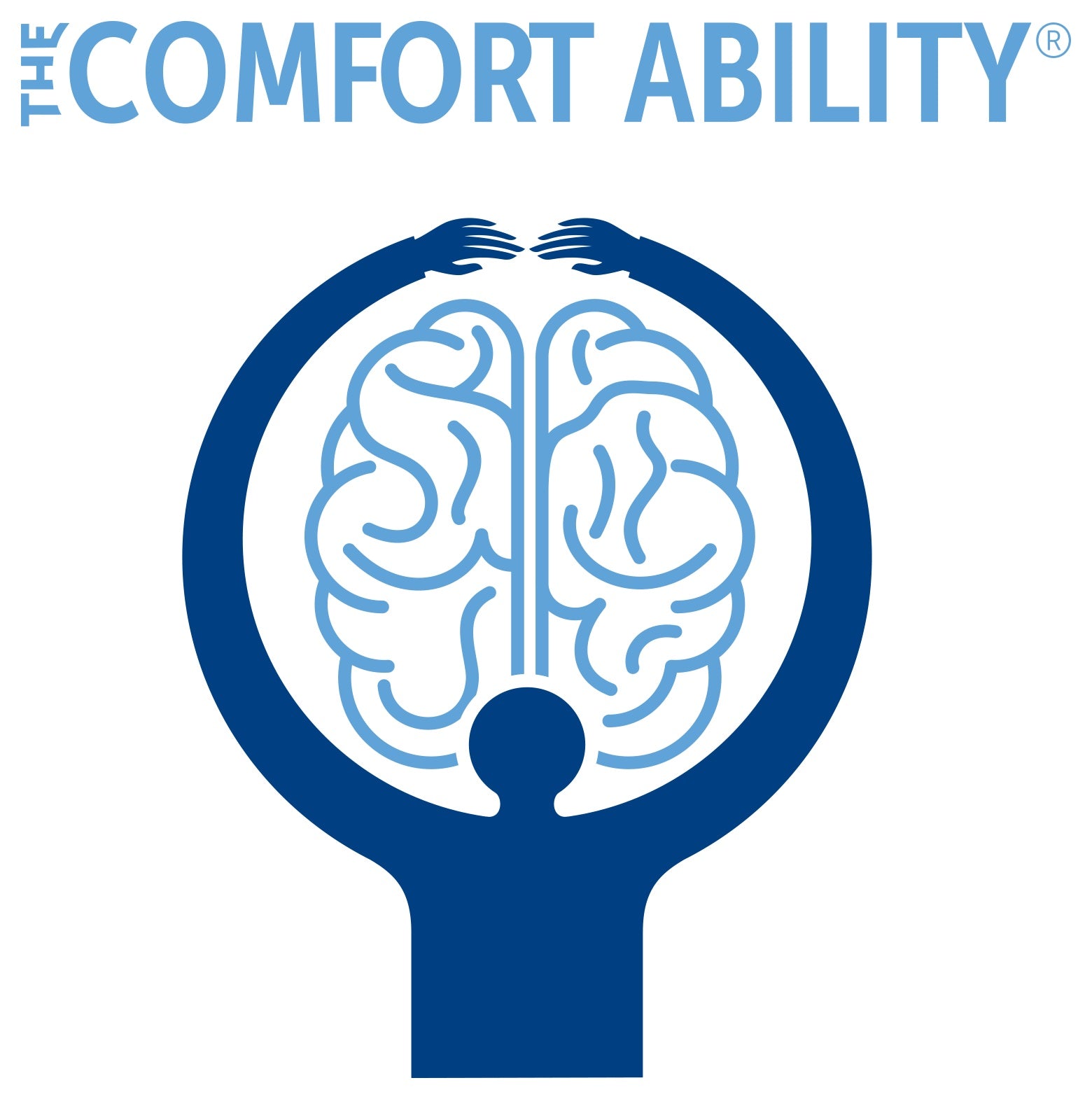Every Tuesday morning, I walk from my early morning lifeguarding shift back to my college dorm, get some homework done, and get ready to go to my freshman engineering class. Although this series of events may seem like no big deal to an outsider, to me they are a miracle five years in the making!
In my freshman year of high school, I hit my head and developed chronic headaches and migraines. The pain interfered with everything. I couldn’t read my favorite books, go to my daily swim practices, or hang out with my friends. I could barely even do my work for school. After six months of pain, I went to the Pain Treatment Service at Boston Children’s Hospital. It was here that I learned that my headaches were a type of chronic pain and required a new treatment approach.
I was told that treatment should include a combination of medication, physical activity, and psychological skills. That’s when I was first referred to the Comfort Ability Program workshop to learn psychological skills. I was immediately open to the idea of medical treatments (injections, medications) and physical therapy, but I didn’t want to do the psychology part at first. I already felt hopeless in my recovery, and I was scared that if the psychology-based skills I would learn through the Comfort Ability Program didn’t help, I would have nothing else to turn to.
After about a year of my parents trying to convince me, I finally attended a Comfort Ability workshop. My outlook on pain completely changed. I learned that functionality is not gained overnight, but instead through a series of paced activities. The Comfort Ability workshop taught me to be patient with myself, pushing through the pain strategically in small increments and not getting upset when I couldn’t recover as fast as I wanted to. For example, I didn't wake up one day suddenly able to read: sophomore year I could read for 30 minutes, junior year two hours, senior year four hours, and now I don’t have limits.
I’ve had a similar path for all the activities I’ve regained function for. Although I don’t usually see progress day-to-day, if I step back and look at where I am from month to month, I can point out small victories that I’ve made. If I step back and look from year to year, those victories are even bigger.
Now, as a freshman in college, pain no longer dictates my entire life. Although there are weeks when I still have headaches and pain management requires more mental energy than usual, these bad moments are out shadowed by all the good ones—working at the pool, swimming, spending time with friends, and working towards my college degree. The psychological skills I learned have helped me keep a positive outlook through my recovery and taught me how to develop well thought-out plans to increase activities. It’s not been easy, but I have totally changed the impact of pain on my life!
